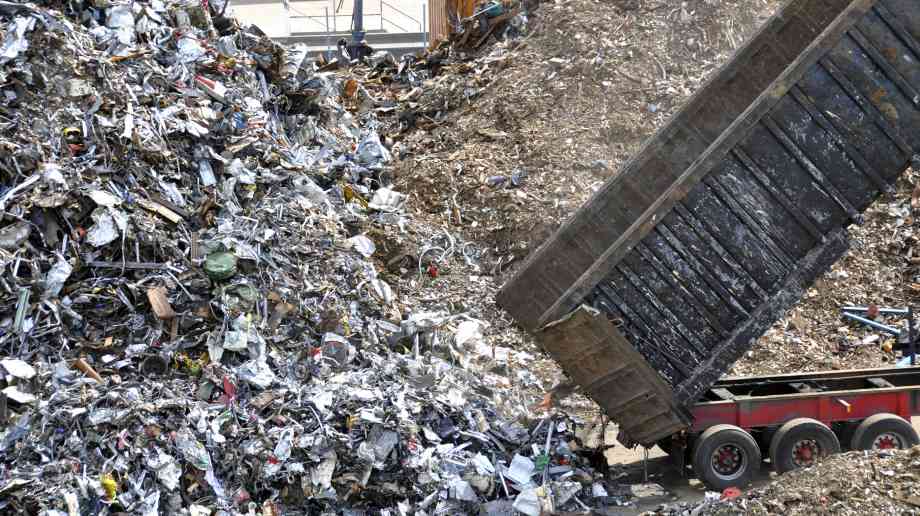Sue Robb of 4Children talks to Julie Laughton and Alison Britton from the Department for Education about the role of childminders in delivering the 30 hours free entitlement.
Waste crimes totalling £600m annually

A new report commissioned by the Environmental Services Association Educational Trust (ESAET) and the Environmental Services Association has warned waste crime in England incurs losses to the legitimate waste industry and the taxpayer of £604 million a year.
Supported by the ‘Right Waste Right Place’ campaign, and written by environmental consultancy Eunomia, Rethinking Waste Crime highlighted that illegal waste operators blight local communities, damage the environment, harm legitimate businesses and deprive the government of tax revenue.
The research showed regulation of the waste sector, has not kept pace with transformation. A new waste management system that allows society to use waste as a resource for recycling and recovery has opened up gaps that can be exploited.
Rethinking Waste Crime found the majority of waste crime is associated with waste from businesses, not from households. It suggests most serious waste crime falls into one of six categories: illegal waste sites, inaccurately describing waste, illegal export of waste, illegal burning of waste, fly tipping and serious breaches of permit conditions.
The report stressed that weak regulation is a major cause of waste crime: for example, anyone can obtain a licence to carry waste by paying a small online fee, and through minimal checks; waste carriers or sites that operate under exemptions (instead of proper waste permits) are rarely inspected; and there is no way to track commercial waste from its production through to its end destination.
The report recommended a series of changes, including: tightening up regulation of areas that are barely regulated; increasing enforcement; banning serious and repeat offenders from the sector; and securing new sources of funding from criminals for the Environment Agency.
Jacob Hayler, executive director at the Environmental Services Association said: “Despite additional funding for regulators and stronger enforcement powers, waste crime is more entrenched than ever. Clearly, we need a different approach which targets the underlying causes of crime in our sector and which roots out the prevailing culture which allows waste crime to flourish. This report highlights the weakness in the current regime and puts forward ambitious recommendations aimed at stopping waste crime once and for all.”
Mike Brown, managing director from Eunomia added: “Regulators have been under-resourced and encouraged to take a light-touch approach in order to be business friendly. Ironically, this is actually harming the interests of legitimate waste businesses while giving criminals an easy ride. The solution isn’t to abandon the progress we’ve made, but to modernise regulation to support our increasingly circular economy.”
Company Focus
Located in Bromley, Japanese Knotweed Eradication Ltd has been providing solutions in the treatment and removal of Japanese Knotweed (Fallopia Japonica) for over a decade. During this time we have mastered a repertoire of methods, from herbicidal treatments to landscaping solutions, tailored to address the unique challenges our clients face with this pervasive weed.
Event Diary
UKREiiF has quickly become a must-attend in the industry calendar for Government departments and local authorities.
The multi-award-winning UK Construction Week (UKCW), is the UK’s biggest trade event for the built environment that connects the whole supply chain to be the catalyst for growth and positive change in the industry.
Supplier Profiles
Geo Energy
At GeoEnergy Design, we're on a mission to disrupt the traditional way heating and cooling ha
Latest Features
Professor Harith Alani, director of the Knowledge Management Institute at the Open University explains how AI can be used for good and bad.
Alex Lawrence, head of health & social care, techUK sets out techUK’s Five Point Plan for CareTech.

















